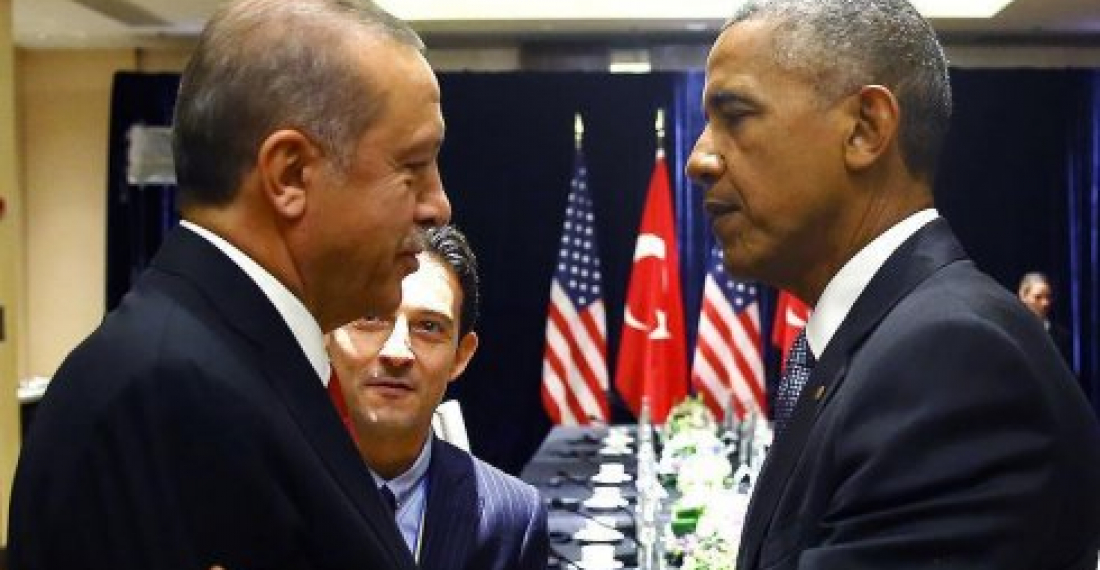US President Barak Obama on Sunday held a forty-five minute meeting with Turkish President Recip Tayip Erdogan. The two leaders met on the margins of the G20 summit in China. The official Turkish news agency Anadolu said that Erdogan told Obama that their countries continue to maintain a "model partnership".
The agency said Erdogan underlined Sunday that the countries have a "special relation", but stressed that they "should adopt a shared attitude against all terrorist organizations as NATO member countries"."There is no good terrorist or bad terrorist; every kind of terrorism is bad," he said.Erdogan and Obama also addressed in their Sunday meeting the extradition of U.S.-based Fetullah Gulen, who Turkey says he is the leader of the organisation behind the failed 15 July coup attempt.
Erdogan said that Turkey's justice minister and interior minister -- accompanied by other delegates -- are due to visit the U.S. to discuss the issue.
Last month, Turkish officials shared information with U.S. delegations in Turkey on four different files on Gulen, who is also accused of leading a long-running campaign to overthrow the state through the infiltration of Turkish institutions, particularly the military, police and judiciary.
Noting that Turkey is a strong NATO ally and a critical member of the coalition against Daesh, Obama said, "our military, law enforcement and intelligence cooperation has helped push ISIL [Daesh] back", especially along the border shared by Syria and Turkey.
"But we now need to finish the job and we discussed ways in which we can further collaborate," he underlined, adding that the two leaders also discussed "pursuing a peaceful transition in Syria, a lasting way to end the civil war there".
source commonspace.eu with Anadolu News Agency (Ankara).
Photo: President Obama of the United States with Turkish President Erdogan at their meeting on the margins of the G20 summit in China on 4 September 2016. (picture courtesy of Anadolu News Agency)






